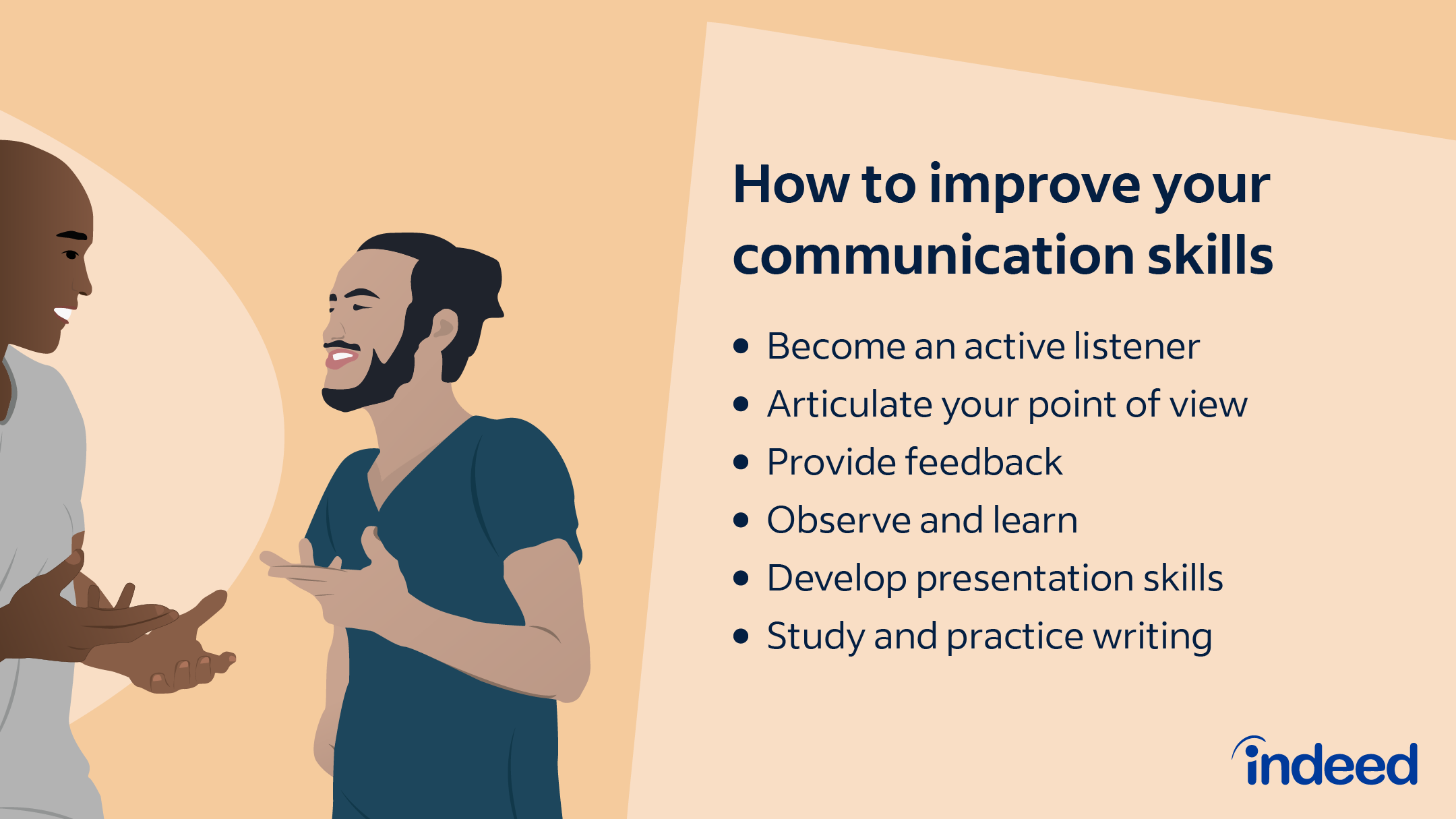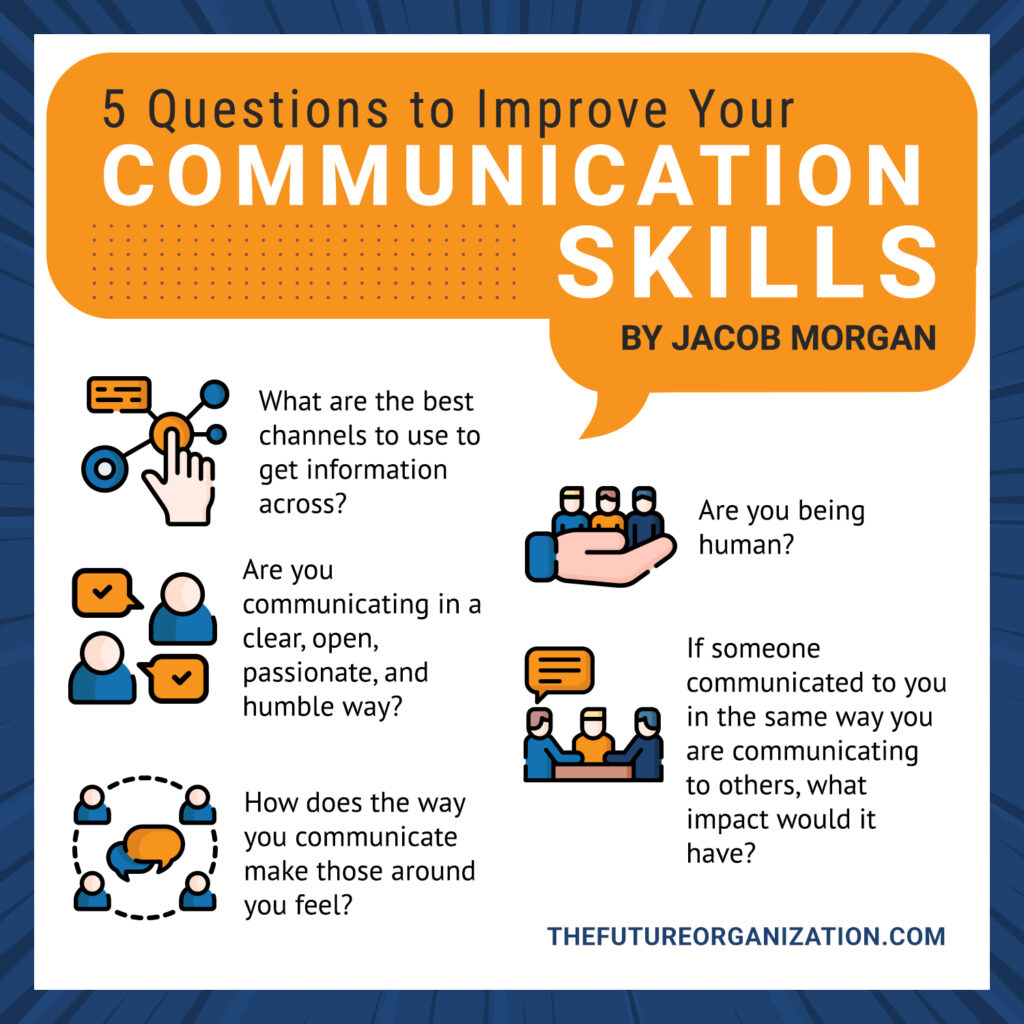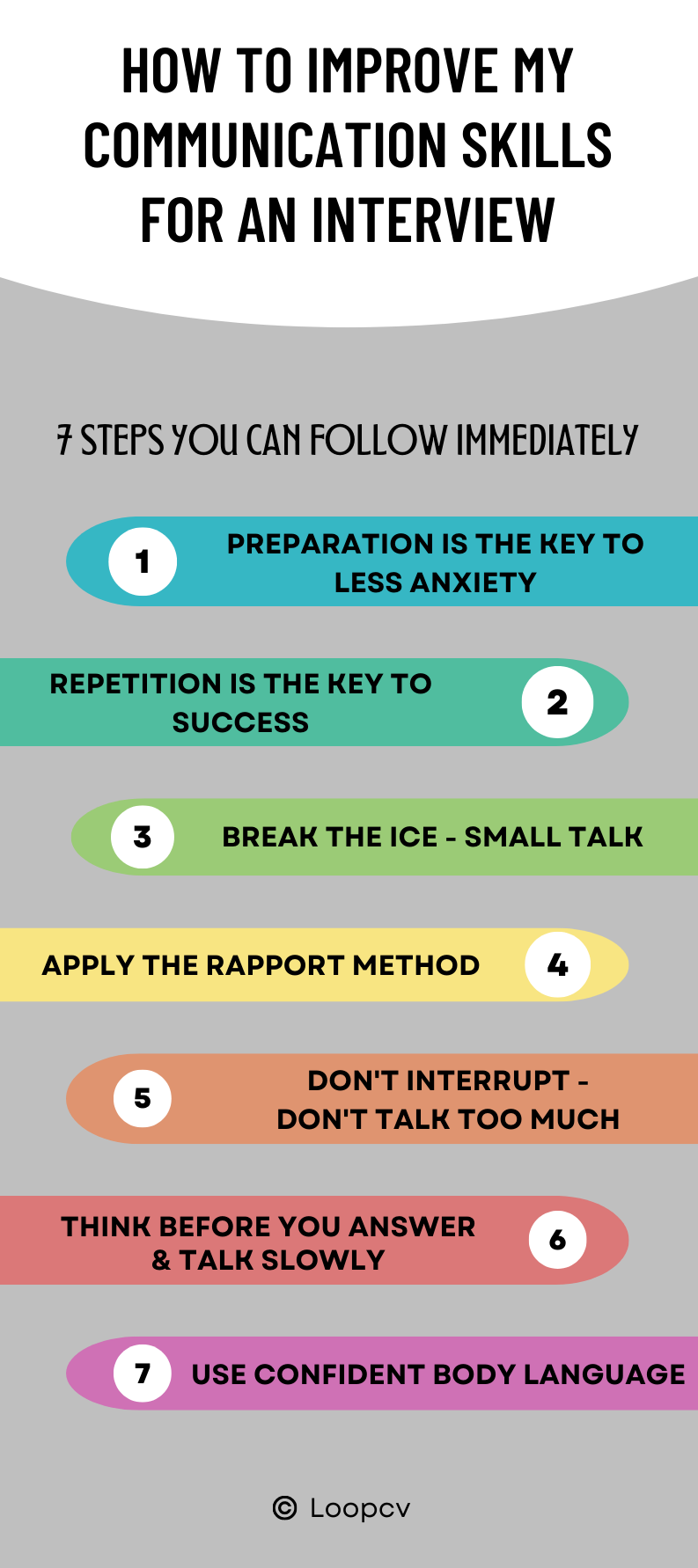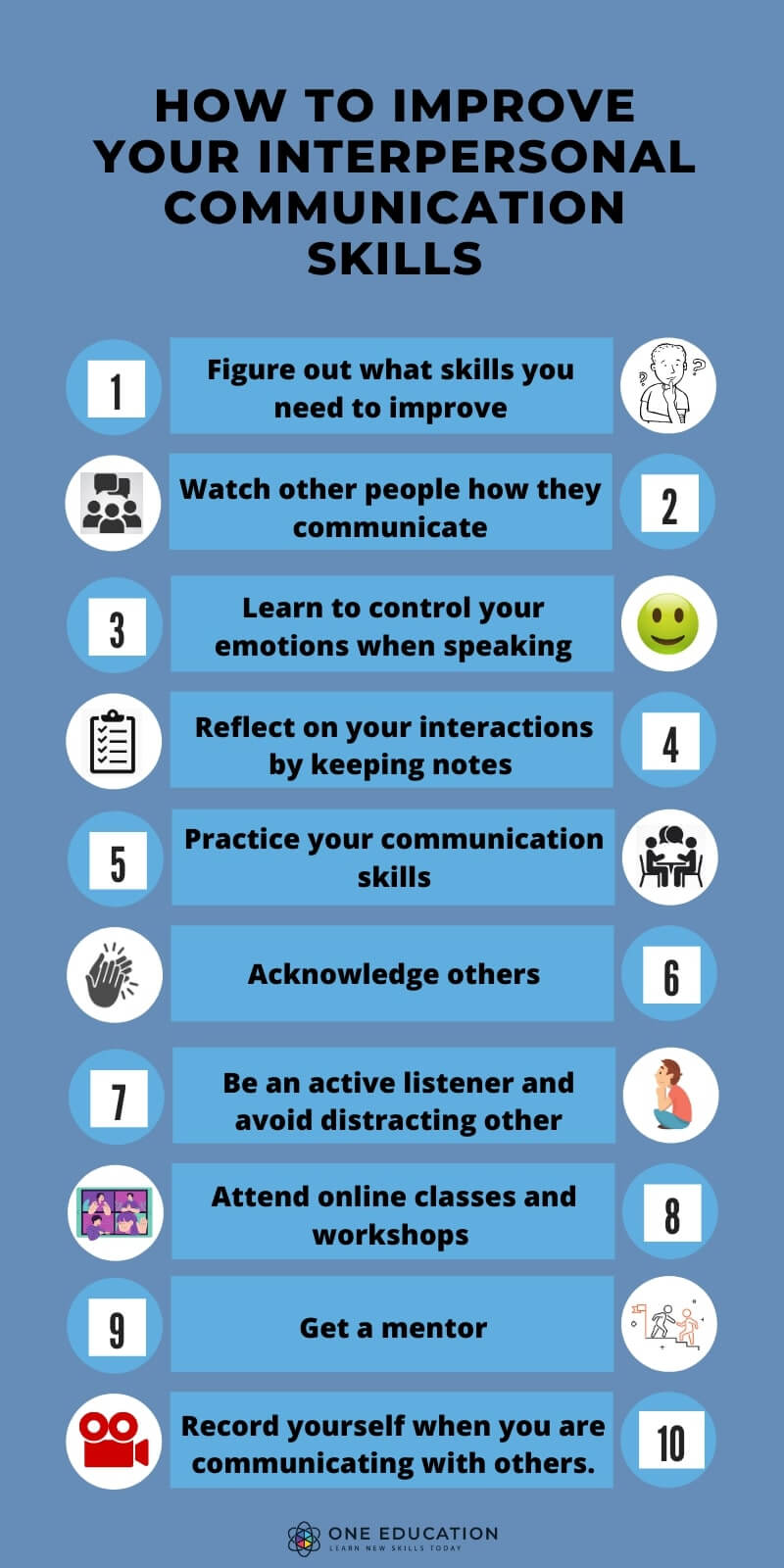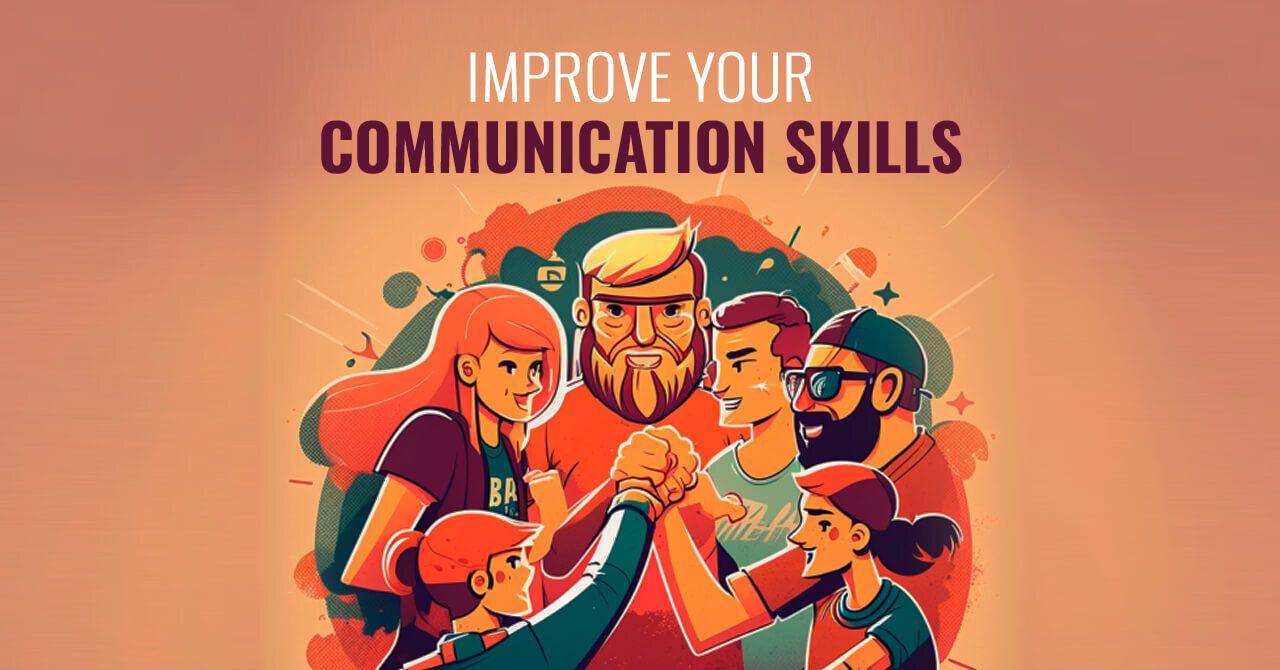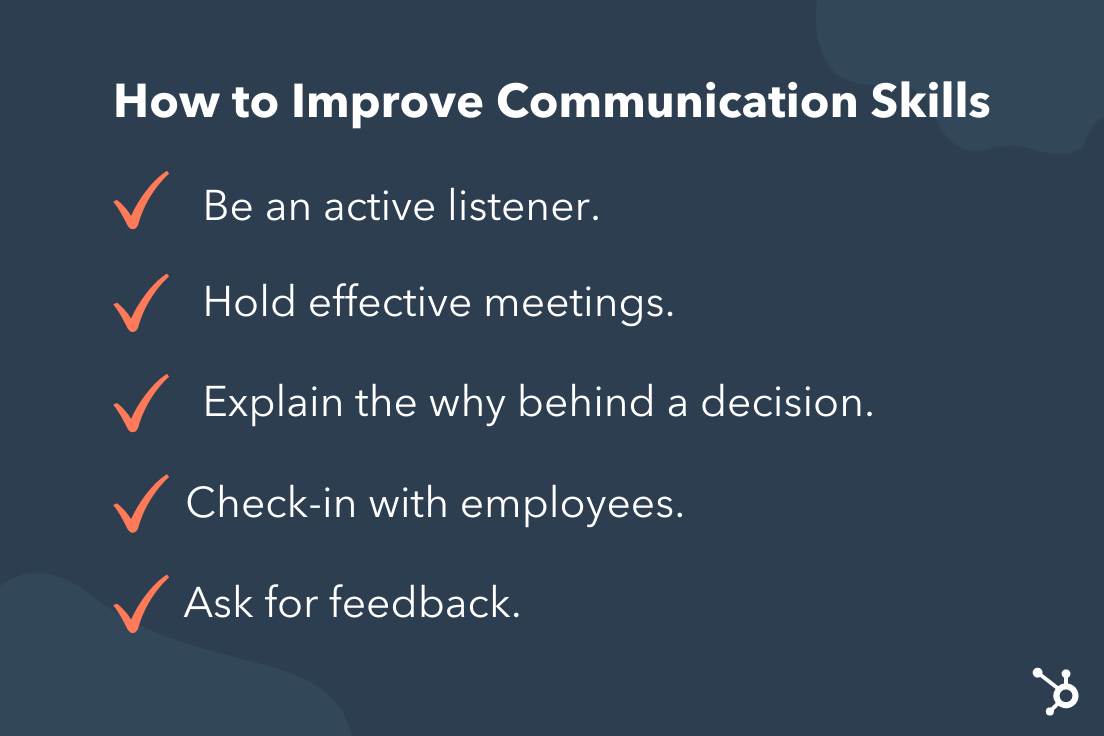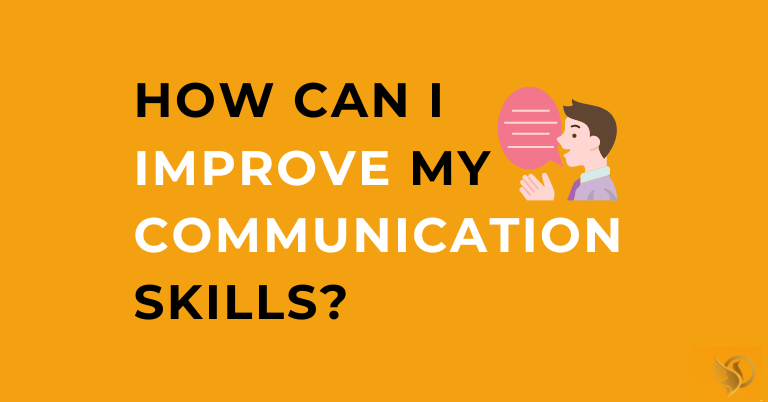How Can I Improve My Conversation Skills

Feeling tongue-tied? Don't let awkward silences hold you back; mastering conversation is within reach. Unlock the power of engaging interactions with actionable strategies that can transform your communication today.
This article delivers immediately applicable techniques to boost your conversation skills, addressing a critical need for effective communication in personal and professional spheres. Whether you're struggling to connect at networking events or seeking deeper relationships, these tips offer a starting point for improvement.
Listen Actively: The Cornerstone of Connection
Active listening is paramount. According to a study by the University of Texas, truly hearing what someone says, rather than planning your response, significantly increases perceived conversational quality.
Focus on the speaker, maintain eye contact, and show genuine interest. Avoid interrupting; let them finish their thought.
"People want to be heard, not just spoken to," emphasizes Dr. Emily Carter, a communication specialist.
Ask Open-Ended Questions: Fueling the Dialogue
Move beyond simple 'yes' or 'no' questions. Open-ended questions encourage detailed answers and uncover interesting avenues for discussion.
Instead of asking "Did you enjoy the movie?", try "What was your favorite part of the movie and why?". This prompts a more engaging response.
Find Common Ground: Building Rapport
Search for shared interests to establish a connection. Identify commonalities like hobbies, travel experiences, or professional fields.
Sharing personal anecdotes relevant to the conversation helps build trust and rapport. However, be mindful of oversharing; keep the focus balanced.
Master Nonverbal Communication: Beyond Words
Body language speaks volumes. According to a Psychology Today article, nonverbal cues can account for up to 60% of communication.
Maintain open posture, smile genuinely, and mirror the other person's body language subtly. Avoid fidgeting or crossing your arms, which can signal disinterest.
Practice, Practice, Practice: Honing Your Skills
Like any skill, conversation requires practice. Seek out opportunities to interact with others, even in low-stakes environments.
Join clubs, attend workshops, or simply strike up conversations with people you encounter daily. The more you practice, the more comfortable and confident you'll become.
Be Present and Empathetic: Show You Care
Being truly present in the moment is crucial. Put away distractions like your phone and focus on the person in front of you.
Demonstrate empathy by acknowledging and validating their feelings. Even a simple "That sounds tough" can make a big difference.
Know When to End the Conversation: Graceful Exits
Ending a conversation gracefully is just as important as starting one. Look for natural pauses and signal your departure politely.
Use phrases like "It was great talking to you" or "I should let you get back to it" to conclude the exchange amicably.
Ongoing Improvement: A Continuous Journey
Improving conversation skills is an ongoing process. Seek feedback from trusted friends or colleagues to identify areas for improvement.
Continue to learn and adapt your approach based on your experiences. Explore resources like online courses, books, and communication coaching to further enhance your abilities.



